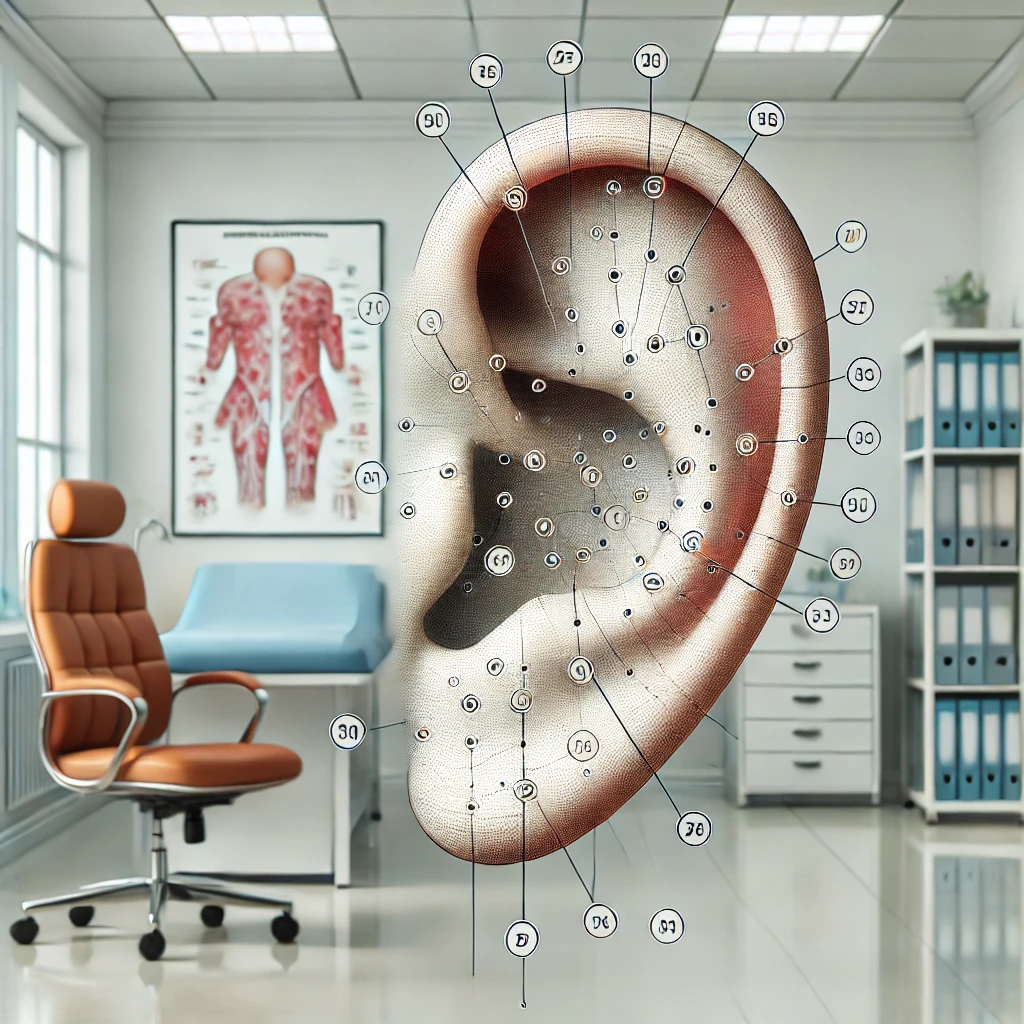Quitting smoking is a healthy decision, and one of the first effects is an improvement in the sense of smell. Smokers, often without realizing it, gradually lose their sense of smell due to the toxic substances contained in cigarette smoke. Fortunately, this loss is not irreversible. Even in the first few days after quitting, improvements are noticeable.
But how and how quickly does the sense of smell return? What are the concrete signs of this recovery? Are there ways of speeding up the process? In this article, we explore in detail the rehabilitation of the olfactory system after smoking cessation, and the effectiveness of the anti-smoking laser in supporting this positive change.

Why does tobacco impair the sense of smell?
The sense of smell plays an essential role in our perception of the world, even influencing our sense of taste. Unfortunately, smoking deteriorates this sense over time.
The impact of cigarette smoke on olfactory cells
Cigarette smoke contains over 4,000 toxic substances, including tar, carbon monoxide and other harmful chemical compounds. When a smoker inhales this smoke, these substances coat and clog the nasal mucosa, reducing the sensitivity of olfactory receptors.
On top of this, regular cigarette smoking increases the risk of developing tobacco-related pathologies such as lung cancer. These effects are amplified by the physical and psychological dependence on nicotine, which keeps people in a consumption spiral that is difficult to break.
Why do smokers perceive odors less well?
Over time, the brain adapts to this sensory loss, and smokers no longer even realize that they are perceiving odors less well. They may experience an attenuation of aromas, or even a partial or complete disappearance of certain scents.
Some smokers use electronic cigarettes as an alternative, believing that they reduce the harmful effects. However, even nicotine products in electronic form affect olfactory perception and maintain tobacco dependency, prolonging the risks to the lungs and increasing the chances of relapse.
How long does it take for the sense of smell to improve?
The good news is that your sense of smell starts to regenerate very quickly after you stop smoking.
The first changes right from the start
As early as 48 hours after the last cigarette, the first signs of improvement appear. The body gradually eliminates nicotine and carbon monoxide, allowing for better oxygenation of the blood. This increase in oxygen helps repair damaged olfactory cells.
Doctors often recommend supportive treatment to limit relapse and boost motivation. Following the right advice and choosing a gradual approach considerably reduces dependency. Some people experience an olfactory improvement as early as the first week after quitting.
A gradual recovery over several months
Between 2 weeks and 3 months, the vascular network continues to improve, bringing more nutrients to the olfactory cells. Sensitivity to odors increases, and old, forgotten sensations begin to reappear.
Quitting smoking not only benefits your sense of smell, but also your overall health. It reduces the risk of cancer, improves lung function and reduces the need for respiratory medications.
What are the first signs of improvement in the sense of smell?
Recovery of the sense of smell after quitting smoking doesn’t happen overnight, but there are several tangible signs that the olfactory sense is gradually returning.
More refined odor perception
Former smokers often find that they feel better in their environment:
- Kitchen fragrances and smells become more distinct.
- Unpleasant odors (pollution, gasoline) seem more pronounced.
- Natural aromas, such as those of flowers or coffee, are more intense.
Another benefit is that smelling better reduces cravings for cigarettes. In fact, the restored sense of smell can make tobacco smoke physically unpleasant, helping to prevent relapse.
The return of olfactory memories and forgotten sensations
The sense of smell is closely linked to memory and emotions. When it returns, it can provoke olfactory nostalgia, where certain smells awaken memories of childhood or memorable moments.
Eating nutrient-rich foods and avoiding electronic cigarettes also helps olfactory recovery. Following the advice of a specialist and adopting a personalized treatment can speed up this process and reduce the risk of relapse.
The anti-smoking laser: an effective solution for quitting smoking and regaining your sense of smell more quickly
Anti-smoking anti-smoking laser is a natural alternative that reduces withdrawal symptoms without the need for medication. It enables smokers to quit more gently and avoids the side effects associated with conventional nicotine products. Its effectiveness is based on stimulation of specific areas of the body to reduce physical and psychological dependence.
You may also be interested in this article: Why take the anti-smoking laser course and become a Mylasertabac franchisee?
How does laser auriculotherapy work?
This technique uses a painless laser to stimulate reflex points on the ear. It acts on the nervous system to reduce the desire to smoke and relieve withdrawal symptoms.
By targeting strategic points, this method reduces stress, regulates appetite and helps avoid the weight gain oftenassociated with smoking cessation. Unlike medications or nicotine substitutes, it does not introduce chemical substances into the body. What’s more, a single session is generally enough to set the process in motion and reduce cigarette consumption without suffering from sudden withdrawal.

The benefits of laser for stress-free, craving-free smoking cessation
The anti-smoking laser offers several advantages:
- Reduced stress and anxiety associated with withdrawal.
- Reduced cigarette cravings from the very first session.
- Avoid weight gain after quitting smoking.
The main advantage of laser treatment is its immediate effect on tobacco dependence. It acts on nicotine receptors, sending a signal to the brain that reduces the sensation of craving. It also promotes better emotional management, helping people to avoid compensating for the absence of nicotine by overeating. By adopting a few tips, such as maintaining a healthy routine and eating well, the chances of success are even higher.
Why does laser treatment help the sense of smell recover more quickly?
The laser accelerates detoxification of the body, reducing cigarette cravings and promoting rapid oxygenation of the lungs.
By stopping smoking quickly, blood circulation improves almost instantly, helping olfactory cells to regenerate faster. Many people who follow this method notice an improvement in their sense of smell within the first week. Combined with proper hydration and olfactory stimulation exercises, laser treatment offers optimal recovery. In addition to the benefits for the sense of smell, it also reduces the risk of relapse by breaking the cycle of physical and psychological dependence.
Conclusion and encouragement
Smoking cessation leads to a gradual recovery of the sense of smell, with visible improvements in the first few days. Thanks to better oxygenation and regeneration of olfactory cells, former smokers rediscover forgotten sensory pleasures.
Anti-smoking laser treatment has proved to be an effective solution for stress-free, medication-free quitting, reducing the risk of relapse. At the same time, it is advisable to eat well, avoid electronic cigarettes and follow advice to boost motivation.
Ready to regain your sense of smell and breathe cleaner air? Now is the time to act!
To make an appointment at one of our anti-smoking laser centers, click here .
